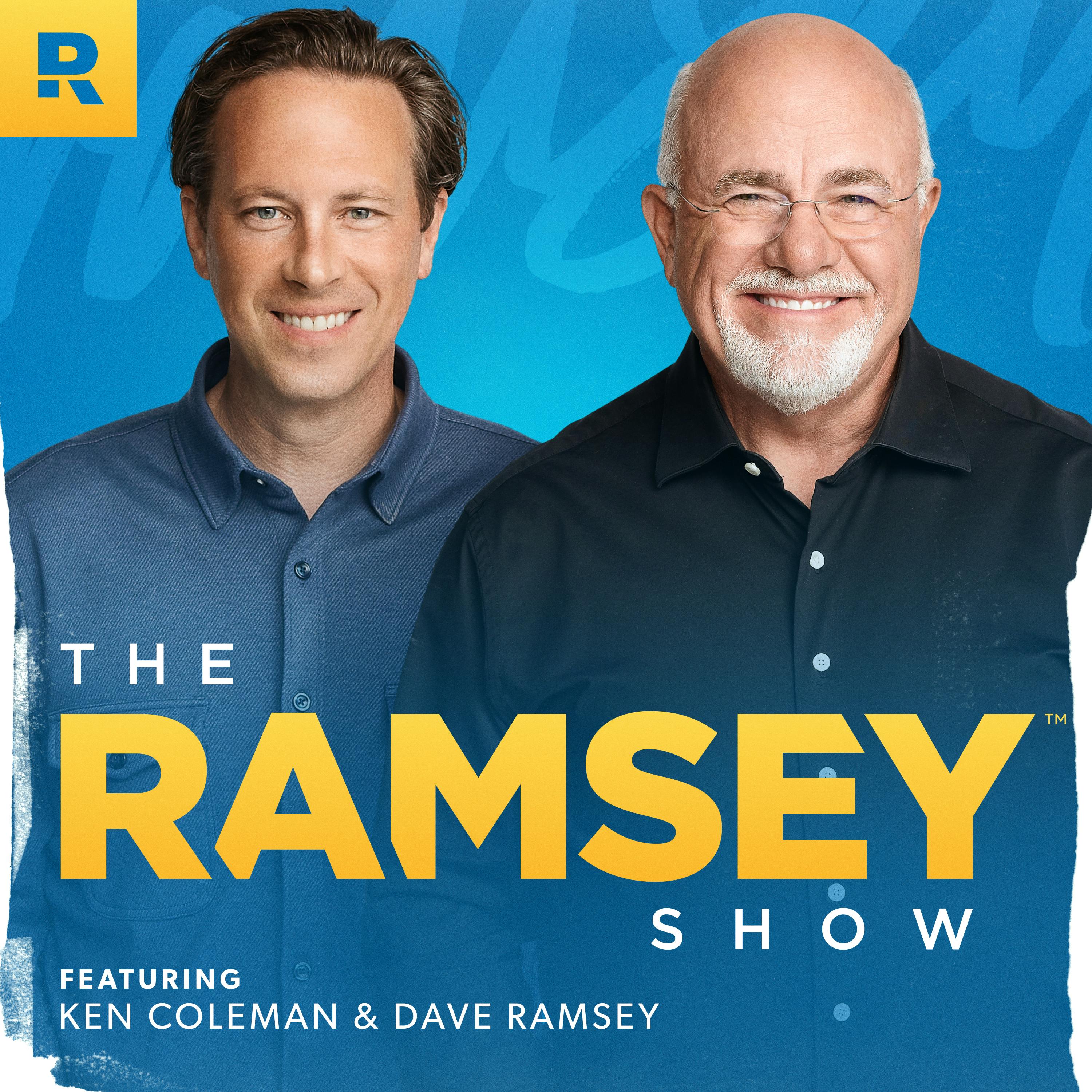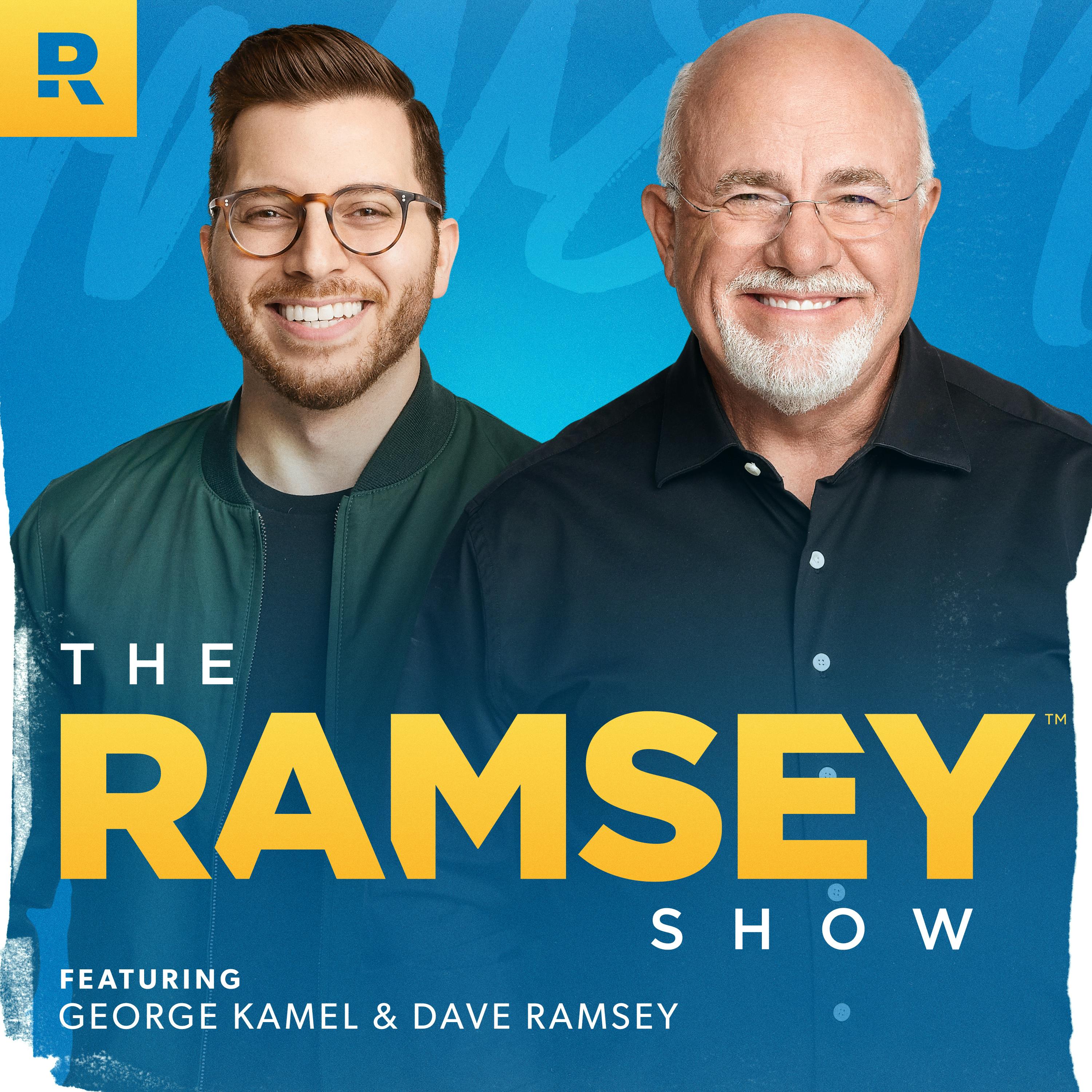Stop Letting Other People Wreck Your Finances
🤔 Can an online will work for you? Take this quiz to find out!
Rachel Cruze and George Kamel answer your questions and discuss:
"Should I take out a loan to pay off debt in collections?"
"How do I convince my husband to quit his church job?"
"How do I stop spending so I can reach my financial goals?"
"I don't trust the decisions my husband is making in our business..."
"How do I tell my parents that I got into my dream school?"
"How do I talk to my dad about his retirement plan?"
"How do I stop my in-laws from guilting my husband into giving them money?"
Next Steps:
✔️ Help us make the show better. Please take this short survey.
📞 Have a question for the show? Call 888-825-5225 weekdays from 2–5 p.m. ET or send us an email.
📱 Get episodes early in the free Ramsey Network app!
💻 Find out where you stand with your money and get a free plan.
📈 For help with investing, get connected with a SmartVestor Pro.
💵 Start your free budget today. Download the EveryDollar app!
Connect With Our Sponsors:
Stop paying more and start shopping smarter at ALDI.
Get 10% off your first month of BetterHelp.
Go to Boost Mobile to switch today!
Go to Casper Sleep and use promo code RAMSEY to learn more.
Learn more about Christian Healthcare Ministries.
Get started today with Churchill Mortgage.
Get 20% off when you join DeleteMe.
Go to FAIRWINDS Credit Union for an exclusive account bundle!
Debt collectors hassling you? Take back control of your life at Guardian Litigation Group
Find top health insurance plans at Health Trust Financial.
Use code RAMSEY to save 20% at Mama Bear Legal Forms.
Visit NetSuite today to learn more.
For more information, go to SimpliSafe.
Get started with YRefy or call 844-2-RAMSEY.
Visit Zander Insurance for your free instant quote today!
Explore more from Ramsey Network:
💸 The Ramsey Show Highlights
🧠 The Dr. John Delony Show
🍸 Smart Money Happy Hour
💡 The Rachel Cruze Show
💰 George Kamel
🪑 Front Row Seat with Ken Coleman
📈 EntreLeadership
Ramsey Solutions is a paid, non-client promoter of SmartVestor Pros.
Ramsey Solutions Privacy Policy
Learn more about your ad choices. Visit megaphone.fm/adchoices
Rachel Cruze and George Kamel answer your questions and discuss:
"Should I take out a loan to pay off debt in collections?"
"How do I convince my husband to quit his church job?"
"How do I stop spending so I can reach my financial goals?"
"I don't trust the decisions my husband is making in our business..."
"How do I tell my parents that I got into my dream school?"
"How do I talk to my dad about his retirement plan?"
"How do I stop my in-laws from guilting my husband into giving them money?"
Next Steps:
✔️ Help us make the show better. Please take this short survey.
📞 Have a question for the show? Call 888-825-5225 weekdays from 2–5 p.m. ET or send us an email.
📱 Get episodes early in the free Ramsey Network app!
💻 Find out where you stand with your money and get a free plan.
📈 For help with investing, get connected with a SmartVestor Pro.
💵 Start your free budget today. Download the EveryDollar app!
Connect With Our Sponsors:
Stop paying more and start shopping smarter at ALDI.
Get 10% off your first month of BetterHelp.
Go to Boost Mobile to switch today!
Go to Casper Sleep and use promo code RAMSEY to learn more.
Learn more about Christian Healthcare Ministries.
Get started today with Churchill Mortgage.
Get 20% off when you join DeleteMe.
Go to FAIRWINDS Credit Union for an exclusive account bundle!
Debt collectors hassling you? Take back control of your life at Guardian Litigation Group
Find top health insurance plans at Health Trust Financial.
Use code RAMSEY to save 20% at Mama Bear Legal Forms.
Visit NetSuite today to learn more.
For more information, go to SimpliSafe.
Get started with YRefy or call 844-2-RAMSEY.
Visit Zander Insurance for your free instant quote today!
Explore more from Ramsey Network:
💸 The Ramsey Show Highlights
🧠 The Dr. John Delony Show
🍸 Smart Money Happy Hour
💡 The Rachel Cruze Show
💰 George Kamel
🪑 Front Row Seat with Ken Coleman
📈 EntreLeadership
Ramsey Solutions is a paid, non-client promoter of SmartVestor Pros.
Ramsey Solutions Privacy Policy
Learn more about your ad choices. Visit megaphone.fm/adchoices
Press play and read along
Transcript
Transcript is processing—check back soon.
The Ramsey Show — Stop Letting Other People Wreck Your Finances





